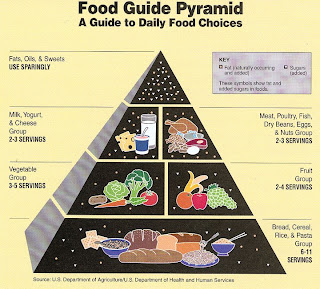Children who play an online game promoting healthy foods and beverages appear more likely to choose nutritious snacks than those who play a game promoting unhealthy products, according to a report in the July issue of Archives of Pediatrics & Adolescent Medicine, one of the JAMA/Archives journals.
Obesity rates among U.S. children and youth have tripled during the past 40 years, according to background information in the article. "One potential contributor to the rise in obesity is media exposure, primarily because television advertising markets high-calorie foods and beverages that have little nutritional value," the authors write. "We know far less about how newer media influence children's food preferences, but Internet use is a very popular activity among youth aged 8 to 18 years. Marketers have taken notice of this online revenue-generating opportunity in which exposure to products costs less than traditional television advertisements and legal restrictions and regulations are virtually non-existent."
These two groups were instructed to select a snack from among options featured in the game after playing, whereas a third, control group selected a snack and beverage before playing the healthy version of the game. The children reported liking both versions of the game and played for an average of 9 minutes and 32 seconds.
Children who played the healthy version before selecting a snack were significantly more likely than those playing the unhealthy version to choose a banana and orange juice instead of soda and potato chips. "With only 10 minutes of exposure, our results revealed that children selected and ate whatever snacks were being marketed by the advergame, healthy or not," the authors write.
The findings suggest that public concerns about online games that market unhealthy foods are justified, the authors note, but also that the technology could be used to promote nutritious foods. "Eating patterns established during childhood affect health throughout the lifespan. Thus, it is important that we find ways to promote a healthy lifestyle for our children from an early age, particularly those who come from low-income neighborhoods where the risk of obesity is greatest," the authors write.
Despite concerns that low-income children do not have Internet access, children in the study reported being online daily or at least several times per week. "Overall, our results suggest that reaching low-income African American children via the Internet is feasible and that the use of advergames is a potential way to alter their eating habits in favor of more nutritious foods," the authors conclude. ###
Editor's Note: This study was supported by a Reflective Engagement in the Public Interest grant from Georgetown University. Please see the article for additional information, including other authors, author contributions and affiliations, financial disclosures, funding and support, etc.
Contact: Rachel Pugh rmp47@georgetown.edu 202-687-4328 JAMA and Archives Journals
















No comments:
Post a Comment